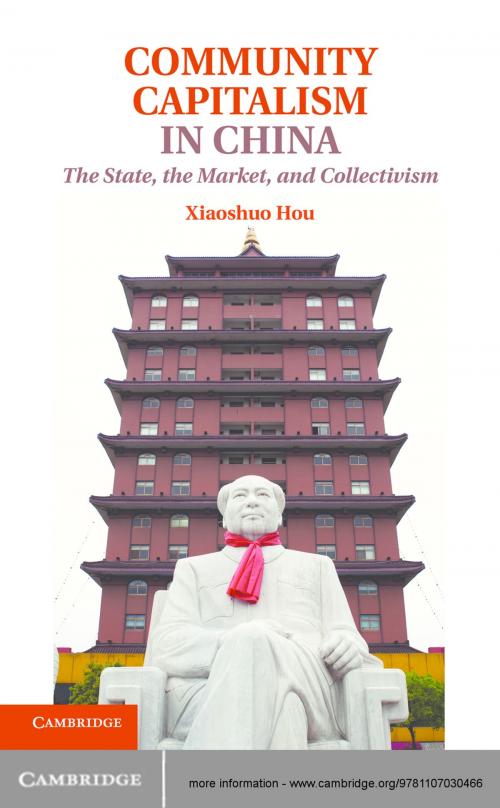Community Capitalism in China
The State, the Market, and Collectivism
Business & Finance, Economics, International Economics, Nonfiction, Social & Cultural Studies, Political Science| Author: | Xiaoshuo Hou | ISBN: | 9781139611046 |
| Publisher: | Cambridge University Press | Publication: | February 18, 2013 |
| Imprint: | Cambridge University Press | Language: | English |
| Author: | Xiaoshuo Hou |
| ISBN: | 9781139611046 |
| Publisher: | Cambridge University Press |
| Publication: | February 18, 2013 |
| Imprint: | Cambridge University Press |
| Language: | English |
Hou proposes to end the dichotomous view of the state and the market, and capitalism and communism, by examining the local institutional innovation in three villages in China and presents community capitalism as an alternative to the neoliberal model of development. Community is both the unit of redistribution and the entity that mobilizes resources to compete in the market; collectivism creates the boundary that sets the community apart from the outside and justifies and sustains the model. Community capitalism differs from Mao-era collectivism, when individual interests were buried in the name of collective interests and market competition was not a concern. This book demonstrates the embeddedness of the market in community, showing how social relations, group solidarity, power, honor, and other values play an important role in these villages' social and economic organization.
Hou proposes to end the dichotomous view of the state and the market, and capitalism and communism, by examining the local institutional innovation in three villages in China and presents community capitalism as an alternative to the neoliberal model of development. Community is both the unit of redistribution and the entity that mobilizes resources to compete in the market; collectivism creates the boundary that sets the community apart from the outside and justifies and sustains the model. Community capitalism differs from Mao-era collectivism, when individual interests were buried in the name of collective interests and market competition was not a concern. This book demonstrates the embeddedness of the market in community, showing how social relations, group solidarity, power, honor, and other values play an important role in these villages' social and economic organization.















